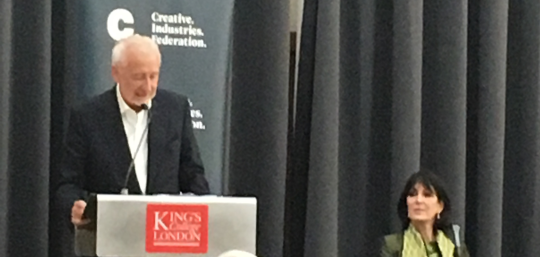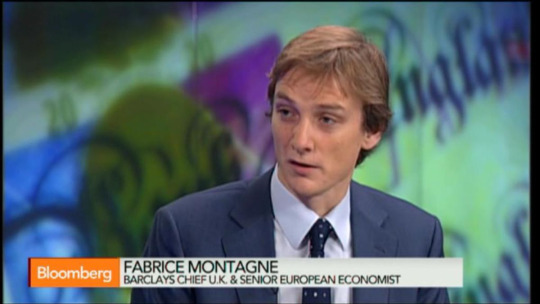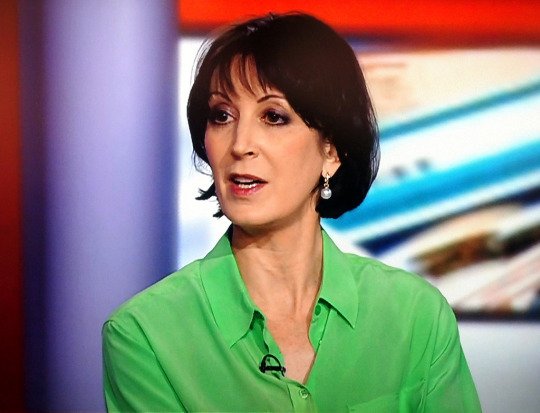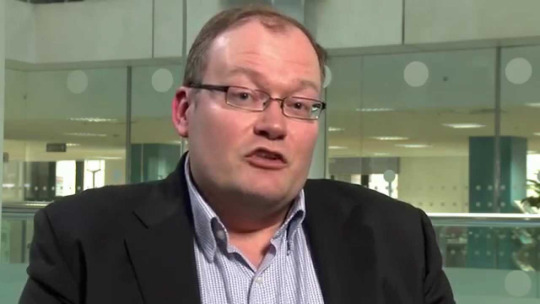
A well-attended mini-conference of the Creative Industries Federation on July 7th 2016 at Kings College, London, called at short notice to inform CIF input and advice to the new Brexit government that will be formed in September.
The conference was attended by more than 200 members from a wide range of institutions, organisations and companies in the creative sector. Malcolm Garrett and I attended on behalf of Design Manchester.
CIF chairman Sir John Sorrell opened the conference saying that when he and others launched the Federation, they knew it would be greatly beneficial for the sector to speak with a single voice, but they could not have anticipated just how important that would turn out to be at this moment. We should not forget how powerful a voice we have – and we must use it.
The conference was rapidly organised by John Kampfner and his team at CIF, which has been formulating a positive strategy and response from the day after the Referendum, notwithstanding that more than 90% of the creative industries had voted to remain in the EU. John exhorted members to stiffen their sinews and not allow the sector to present itself as a victim.
Economic outlook
Fabrice Montagne, Chief UK Economist at Barclays, outlined his view of the economic landscape post-Brexit.

The expectation is that the UK will certainly move into recession and this will last at least until the end of 2017, with a current contraction forecast of 0.4% next year. Investment is first to react and this will contract further in the next couple of quarters. Consumption, next, will slow down late this year and into next, with household confidence taking a dive. We are not well prepared for this, with low savings and high levels of debt still in the household sector.
That is the current expectation but the uncertainties are huge. Based on previous downturns it is possible that the current 2% projected contraction in investment could turn out as high as 10% or even up to 20%, though there are also some who think the contraction will end up being less than forecast. What is certain is that much will depend on the policy choices that are made in the coming months.
The Bank of England is already easing controls, not to prevent the adjustment that it knows is coming, but to try and ensure it happens without disruption. Rates will come down and quantitative easing will restart. We are still waiting for hard data to inform future policy options. The first post-referendum survey results will come late July, early August, and hard data indications will not be available until September. The government’s fiscal consolidation targets that were already questionable before the Referendum now make no sense and we can expect those to be relaxed.
Asked by Peter York to define how much of the anticipated contraction could be put down to Brexit given the indications of slowdown that were already present prior to the Referendum, Montagne pointed to the assumptions made, first, about contracting investment and, second, reduced income from exports to the single market which currently accounts for the majority of UK trade.
Political outlook
Predictions are out of the window, said political journalist and commentator Jenni Russell, but she gave an informed commentary on current events in the Conservative and Labour parties and their likely impact on policy and events in the foreseeable future.

Jenni Russell
The gist of this was that a win for Andrea Leadsom over Theresa May would be disastrous for the creative industries, since Leadsom would be likely to go for a swift and clean break that would not permit the nuanced, pragmatic negotiations necessary to protect the interests of the sector. “Who would have thought,” she said, echoing the feelings of many, “that we would ever be looking at Theresa May as the salvation of the nation?”
Labour MPs desperately feared that, whatever is said currently, if Labour remains split and without effective leadership then it will be hard for May to resist calling a snap election which would likely result in a Tory government for at least a decade.
Arts funding
Darren Henley, the chief executive of Arts Council England, described how ACE is monitoring the situation, listening to arts organisations and others to understand the implications for funding and investment plans.

Darren Henley
The Arts Council will continue to argue for the importance of sustained public investment in the sector (as cogently argued in Henley’s recently published, evidence-based evaluation The Arts Dividend: Why Investment in Culture Pays). Any post-Brexit strategy needs to have at its heart an understanding of the important role played by the arts in shaping the nation’s standing on the world stage. Arts Council-funded organisations are invited to submit their concerns and feedback in a this survey.
Breakout sessions then looked at specific issues to be addressed by the Federation and these were summarised by rapporteurs.
Access to markets
- Important as it is, the creative industries sector is smaller than some others that will be lobbying government, so it is very important to talk about the story of creative Britain in the future brand of the country.
- Given present uncertainties we cannot wait and must stress we are open for business, ensuring we are present and on the ground for markets both inside and outside the EU.
- A particular concern in trading with markets outside the EU is intellectual property: copyright protection, reciprocal IP arrangements and policing piracy. We also need to try and ensure that UK content will continue to be accepted under EU member states’ quotas for non-local content.
- “Creativity should know no borders” and we need to argue for optimal arrangements to ensure this remains so.
Talent and freedom of movement
- There is an immediate need to engage with higher education institutions and the Department for Business, Universities and Skills to resolve questions and uncertainties around the student application process.
- The sector needs to press urgently for a guarantee to EU citizens currently in the UK that their position will be protected.
- Points-based immigration systems are bureaucratic and expensive – and they present a particular problem for the freelance workforce which is so important in the creative industries. It will be important to influence how any future system is shaped.
- Freedom of movement cannot be divorced from other issues. We want to be able to continue touring into EU countries and vice versa.
- The arts and creative industries can play a role in helping to heal the divide that has opened up in the nation.
- If the flow of skills and talent from the EU is disrupted it will be even more important to invest in nurturing homegrown talent to mitigate the damage done.
Access to funding
- We have heard from several organisations about funding that has already been paused and about UK organisations being asked by EU consortium partners to step back from leading roles. We urgently need detail and evidence from members in order to address the immediate issues.
- There are significant concerns about the implications for international collaboration and reduced incentives for European consortia to involve UK partners. We should investigate all options for the UK to “buy into” existing and future EU funding mechanisms as full participants.
- UK funding mechanisms such as Innovate UK and research councils should review which positive elements and features of EU funding instruments will be lost and what can be done to mitigate this in UK funding mechanisms.
- CIF member organisations are encouraged to complete the Arts Council England survey.
Digital Single Market
- The digital single market will be important to us and we need to work out how best we can influence its mechanisms and arrangements going forward – how can we influence the negotiations within the EU? Federation members are encouraged to push our concerns through partners and friends within other members states so that they can influence their national input.
- It is important now also to look at industrial policy in non-EU countries to see what we can learn and should apply, eg in terms of tax breaks, SME support models and so on.
- Echoing the IP concerns of the access to markets group, concern was expressed about impacts of Brexit on patents and trade mark registrations.
Next steps

John Kampfner
Federation CEO John Kampfner emphasised that the policy consultation with members is a continual and two-way process, urging members to feed back views and information through this survey. The Federation will go on to hold round-table discussions in a number of cities around the UK to obtain further input and affirm the basis of the advice which will be given to the new government in September and thereafter on an ongoing basis.
Design Manchester is working with CIF and partners to organise a consultation in Manchester in the coming weeks.

